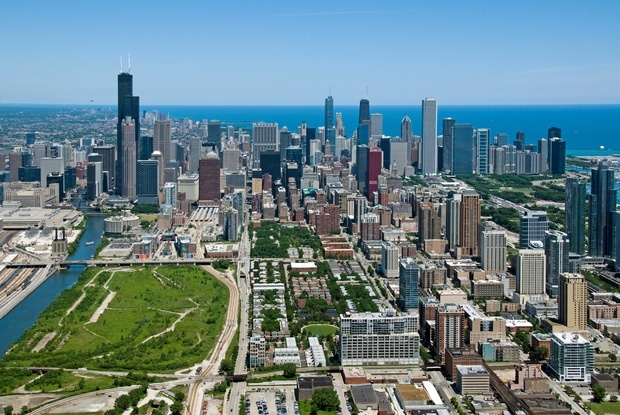
At Public Seminar, urban planning scholar Robert A. Beauregard examines the popular notion that cities are the most environmentally sustainable form of modern human settlement—more than suburbs or rural towns. This notion becomes more complicated, asserts Beauregard, when we take into account the indirect environmental impact of cities, such as the global shipping costs of transporting the goods that are consumed there, and the peripheral areas where a city’s waste is disposed. Here’s an excerpt from the piece:
These material flows – a city’s metabolism — are essential for human life. Moreover, they have destructive consequences such as ground water pollution, summer heat island effects, the accumulation of toxic substances, and high energy consumption. Numerous multi-story buildings and large-scale transportation systems are what define a city in contemporary times, thus making cities much more energy-dependent than rural areas. Evidence further suggests that the metabolism of cities is intensifying, particularly as more and more people move into them….
Which is it then? Are cities a curse on land, air, water and mineral resources, not to mention on animals, birds, plants and creatures of the sea – an insult to nature? Contrarily, are they the best alternative that humans have for protecting the natural environment and its many resources and ecologies? What can be done in the face of continued population growth and the unrelenting urbanization that together fuel consumption and deplete and degrade the material world? My argument: Cities are always destructive; they cannot be otherwise. At the same time, cities hold out the promise of sustainability.
Image of Chicago via DNAinfo.